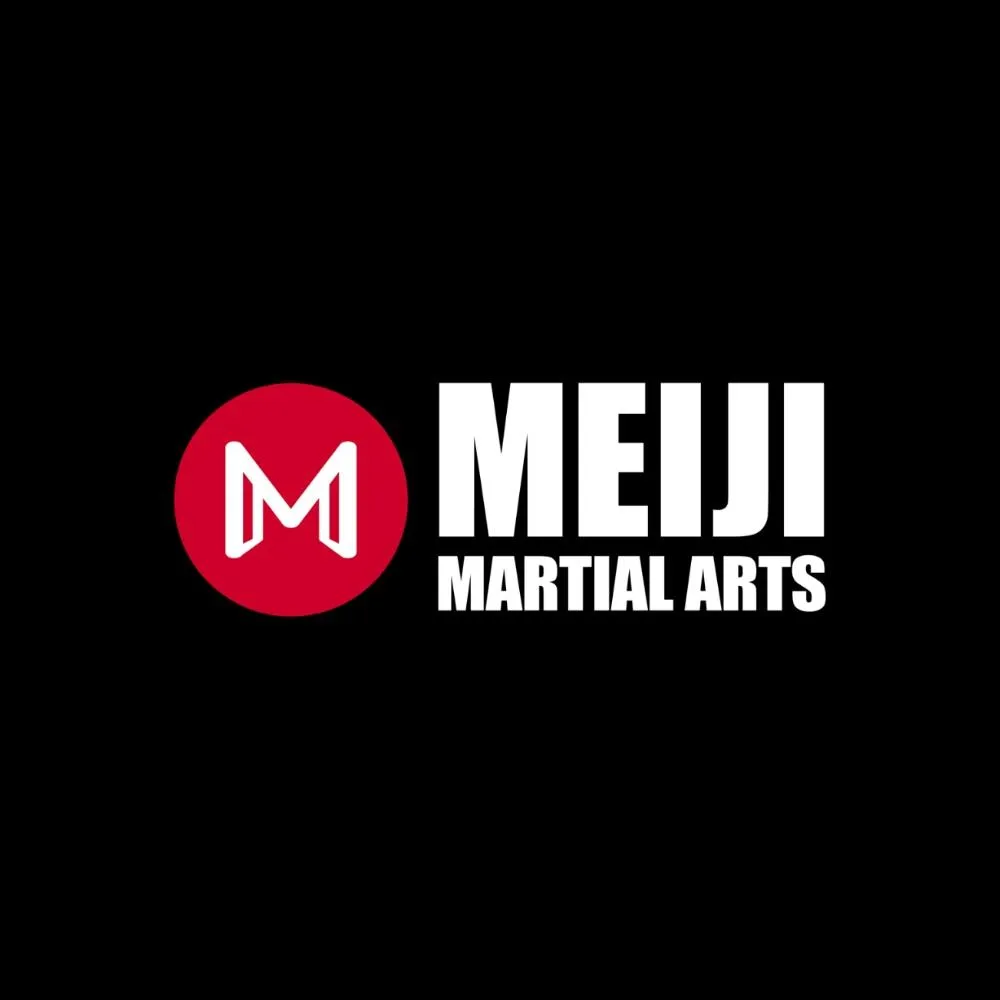
What Netflix’s Adolescence teaches us and How Meiji Martial Arts provides the antidote
It’s impossible to ignore the impact of Netflix’s hit show Adolescence. In an age of endless streaming options, it takes something special to get people talking and Adolescence has hit the ‘sweet spot’. At Meiji Martial Arts, we’ve taken a closer look at some of the powerful themes it explores and how it highlights the lives some teenagers (in this show, boys) are leading and more importantly, what they’re learning from the darker corners of social media.
Across the country, Adolescence has pulled the curtain back on what teens can be exposed to online. For many, this has raised deep concerns about how this will shape the next generation. But here at Meiji, our years of working with young people have shown us that martial arts can positively influence teenagers.
In many ways, what we do at Meiji Martial Arts is the perfect antidote to some of the themes in Adolescence. Here are some reasons why:
If you haven’t seen Adolescence, there are SPOILERS AHEAD
Discipline
One of the most striking themes in the show is boredom—and a total lack of structure. Like many teenagers, Jamie, the 13-year-old boy at the centre of the story, spends a lot of time scrolling Instagram. He’s constantly bombarded with filtered realities from his peers. The result? He becomes angry, resentful, and convinced that he has nothing of real value to offer when he compares himself to others.
That’s why discipline matters and martial arts training is built on it. At Meiji, teens learn the power of routine and how real improvement only comes through consistency and hard work. This long-term thinking is sorely missing in a culture where everything is instant and attention spans are short. We teach them that progress takes patience and the reward is genuine confidence, not a quick dopamine hit.
Self-Confidence
We’ve lost count of how many parents have told us how martial arts training has transformed their child’s confidence. Teens begin to realise they’re capable of far more than they thought. They develop healthier habits, become more physically active and carry themselves with self assurance.
In Adolescence, teens are hooked on the shallow fix of likes and online validation. They’re constantly worried about how they’re being perceived. At Meiji, we flip that script. We focus on self-growth—teaching our students to compete with themselves, not with others. Every class is a chance to improve, not just in martial arts but in mindset. That’s why our grading system is so important because it’s a celebration of their effort, consistency and hard work.
Community
Over the years, Meiji Martial Arts has built something special—something that goes beyond just training. You could call it a family. Many of our students form strong friendships here, often with people from different schools, diverse backgrounds and walks of life. For teens, this positive social environment is powerful.
In contrast to Jamie’s world—where most of his relationships exist through a screen—our students connect face-to-face, building friendships through shared effort and mutual respect. At Meiji, you won’t just find fitness and focus. You’ll find belonging.
Emotional Regulation & Resilience
In Adolescence, one of the most concerning threads is how overwhelmed teens can become by their emotions. Whether it's anger, anxiety or shame, they often don’t have the tools to manage how they feel—so it comes out in bursts of aggression, withdrawal, or emotional numbness. Jamie swings between frustration and disconnection in one of the episodes and it’s deeply unsettling.
Martial arts gives teens a healthy, structured way to channel those intense feelings. At Meiji, we teach more than just physical techniques: we teach mental strength and self-control. Students learn how to stay calm under pressure, how to breathe through frustration and how to bounce back after setbacks. These skills translate directly to real life, where emotional regulation is often the difference between reacting and responding.
Over time, our students become more emotionally intelligent, more in tune and better able to navigate challenges with more maturity and self-awareness. It’s not just about staying strong physically—it’s about learning how to stay grounded when the world around you feels chaotic.
Want to know more about what Meiji Martial Arts can offer your child in terms of what we teach and the benefits they will get? Then, why not download our free guide by clicking here.